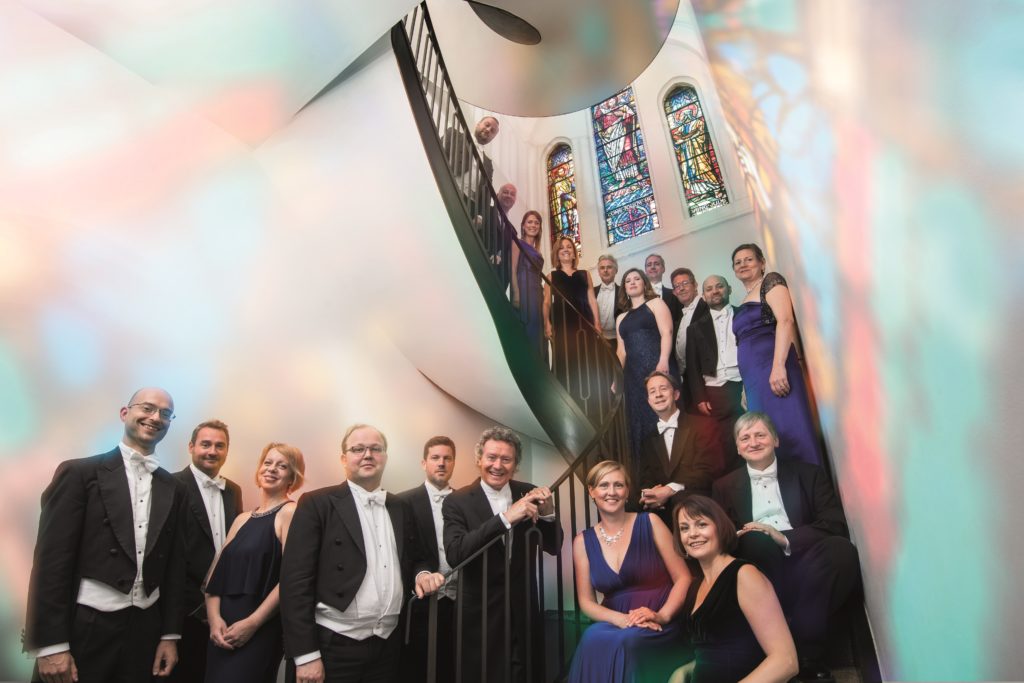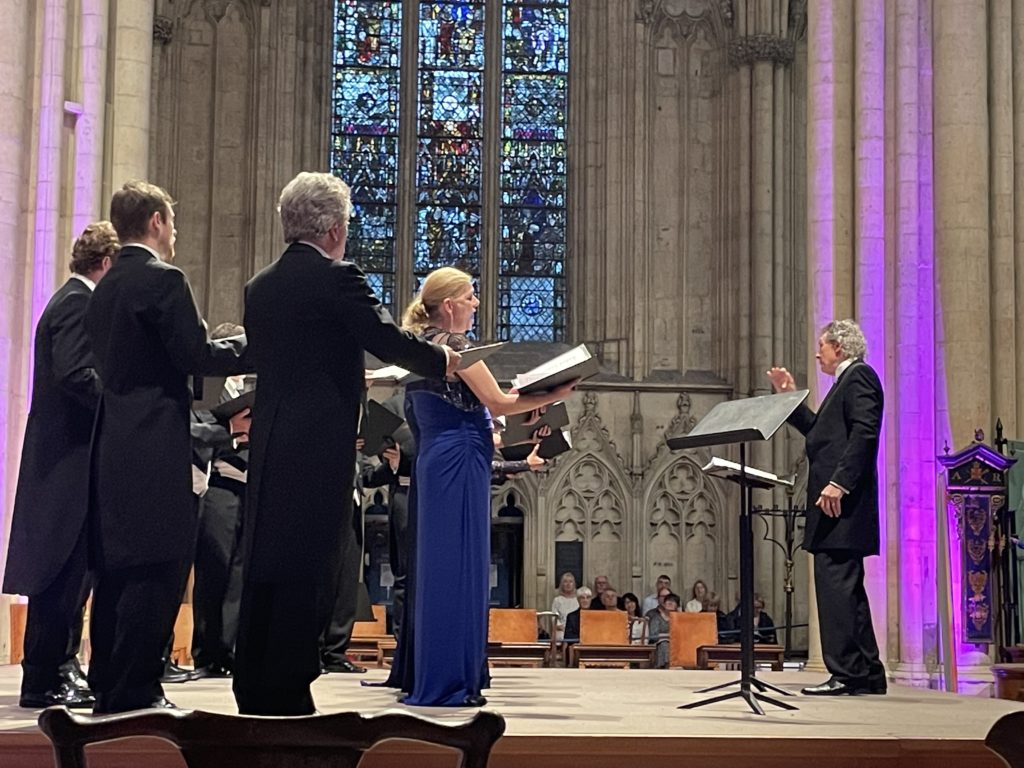
THIS thoughtful, intelligent and on the whole rewarding concert was part of The Sixteen on tour, or to give the term official dignity, a “Choral Pilgrimage”.
Sunday’s concert marked the 400th anniversary of William Byrd’s death. Harry Christophers’ programme was thoughtfully laid out, focusing not only on the English Renaissance composer himself, but his engagement and connections with the music of his contemporaries.
For example, there were pairings of Byrd’s famous motet Ne Irascaris, Domine with Philip van Wilder’s superb madrigal O Doux Regard and the settings of Tristitia et Anxietas by both Byrdand Clemens non Papa.
These works not only influenced Byrd, but he also “openly borrowed” from them. No such thing as copyright in those days. Throw into the mix two specially commissioned tribute pieces by Dobrinka Tabakova and we have a strong contextual identity.
What struck me throughout was the absolute fluency of the choir, the clarity of line and infectious enthusiasm for this familiar territory. But I also felt that it was perhaps a tad too reverential; I didn’t always feel the real urgency or vitality I would normally be experiencing from this terrific choir.
To be sure, the opening Arise Lord Into Thy Rest was impeccable with excellent balance, the part-singing in Civitas Sancti Tui was sublime and the concluding Vigilate, with its contrapuntal density, was a great way to sign off. But I found the detail of Jacobus Clemens non Papa’s Ego Flos Campi hard to hear, perhaps a little imprecise.

The Minster acoustic didn’t help. Certainly, it loves vowels: the opening of de Monte’s O Suavitas et Dulcedo was blessed with an other-worldly quality. But consonants, articulated consonants like the Ts and Ss in Byrd’s (smaller forces, choir down to 12 performers) Tristitia et Anxietas were just irritating. So were the hanging cadences that drifted sharp-wards as in the Amen closure of de Monte’s O Savitas.
The new works were not particularly standout pieces, but pieces with standout moments. There was a richly melismatic soprano solo (an excellent Julie Cooper) in Arise Lord Into Thy Rest. The opening of Ms Tabakova’s Turn Our Captivity, O Lord, the stronger of the two works, was both distinct and beautiful.
The high unison soprano line decorated with ornamental, quite eastern-influenced decoration was simply gorgeous and persuasively delivered. I did think that composer’s decision to go for a “distinctly homophonic texture, to contrast with the layered polyphony of Byrd’s exquisite settings” was the correct one. The juicy chordal dissonances not only delivered contrast, but also distance.
Also gorgeous was the visual: The Sixteen gathered in front of the magnificent Great East Window. The glow was illuminating. Which brings me to conductor Harry Christophers. Not only is he a joy to watch, being so obviously immersed in the music he clearly loves, but also he seems to physically blend into the musical performance itself.
Review by Steve Crowther
York Early Music Festival runs until July 14 with the theme of Smoke & Mirrors. Full details and tickets at: ncem.co.uk/whats-on/yemf. Box office: 01904 658338.
More reviews will follow.
